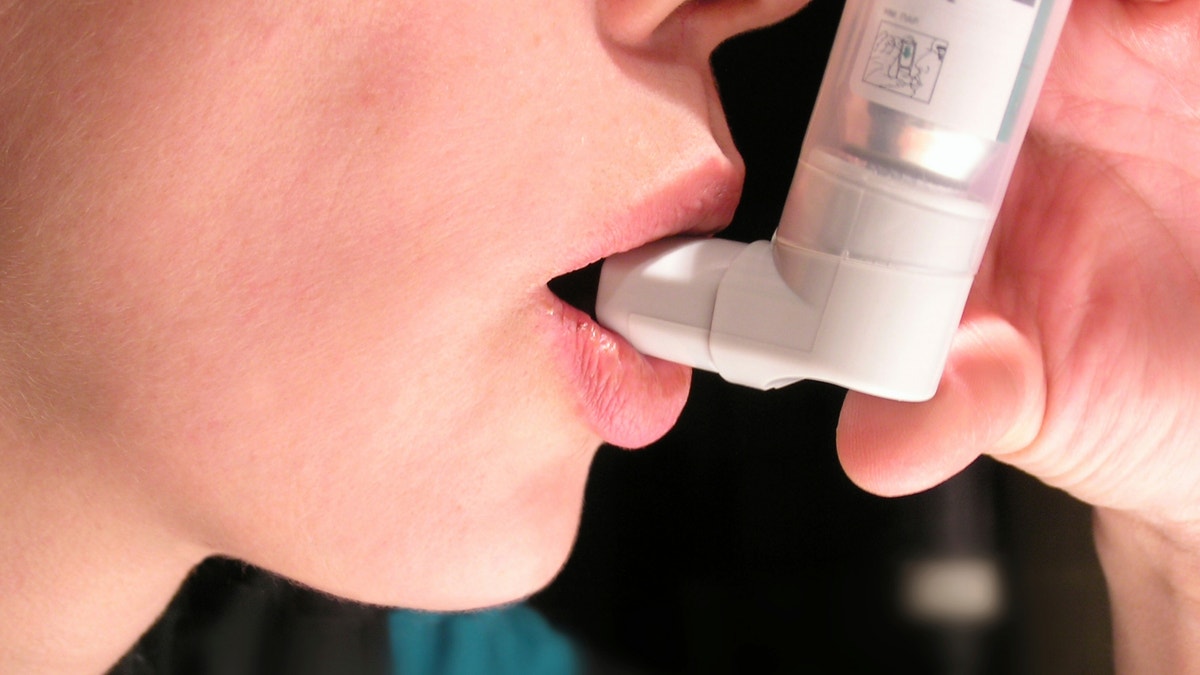
OLYMPUS DIGITAL CAMERA
Hospitals that meet performance standards for treating kids with asthma aren't any better at keeping those kids from showing up in the emergency room with asthma problems in the future, according to new research.
The results call into question whether the standards, used to grade the hospitals on their asthma care, are helpful if they don't translate into real patient improvements, researchers said.
Specifically, hospitals following so-called process measures that encourage sending young asthma patients home with a plan for managing their condition did not result in the kids having fewer hospitalizations and ER trips.
The problem, researchers said, may be that there's no way to make sure those asthma management plans were explained in a way that families understood, or that they followed doctors' recommendations at discharge.
"Intuitively having a home management plan of care... that makes perfect sense and that should improve their outcomes," said lead study author Dr. Rustin Morse, from Phoenix Children's Hospital in Arizona.
However, "simply giving the patient a paper, which is really what they were able to measure, doesn't necessarily mean that it was explained in a thorough way, that the family understood it (and) that they were able to get the medications they were prescribed," added Dr. Charles Homer, of the National Initiative for Children's Healthcare Quality and Children's Hospital Boston, who wrote a commentary on the study.
The Joint Commission, an organization that accredits and certifies hospitals, uses the children's asthma care measures to grade those hospitals based on how often they give kids certain kinds of asthma medications while in the hospital and provide a discharge plan for when they leave.
That plan is supposed to include arrangements for follow-up care and to teach families how they can limit asthma triggers and what they should do during an asthma attack.
To see how hospital performance by those standards affects patients down the road, Morse and his colleagues collected data from 30 U.S. children's hospitals during 2008 to 2010. More than 37,000 kids were admitted to those hospitals with asthma.
Almost all of the hospitals treated kids with recommended drugs including albuterol and steroids while they were admitted.
And over the course of the study, hospitals generally got better at giving families a discharge plan. According to hospital records, about 40 percent of kids got a plan at the beginning of the study, compared to 73 percent by the end.
But it's unclear how much those asthma-control plans did to help prevent problems. Increasing the number of kids who got the discharge plans wasn't linked to any change in how many of them ended up back in the hospital or in the ER for asthma over the next three months.
And there was no difference in later hospital admissions or ER trips between the hospitals that were best at giving discharge plans and those that were worst.
In total, about eight percent of kids were hospitalized again for asthma problems in the three months after their last visit, and 11 percent went to the ER, the researchers report in the Journal of the American Medical Association.
Morse and his colleagues say that it's possible individual kids benefited from having an asthma plan -- for example, by having fewer asthma symptoms or missing fewer days of school because of asthma -- but that was something they couldn't examine in this study.
Homer said it's very important to have quality measures for children's health care.
Still, the researchers agreed that current measures could use tweaking to get more "meaningful" information about the quality and clarity of discharge plans given to families, to solidify the link between how the care provided ends up benefiting patients.
Sharon Sprenger from the Joint Commission's performance measurement group said many factors could be involved in whether or not a kid with asthma ends up back in the ER or hospital after getting a discharge plan, even if it's a well-written plan.
She said the Joint Commission is always looking for opportunities to improve its grading measures.
With the new study, she told Reuters Health, the organization will "see if there are opportunities for us to improve this measure, or if there are other opportunities for us for some additional education" to make sure families are sent home with all the information they need to prevent asthma-related problems.








































